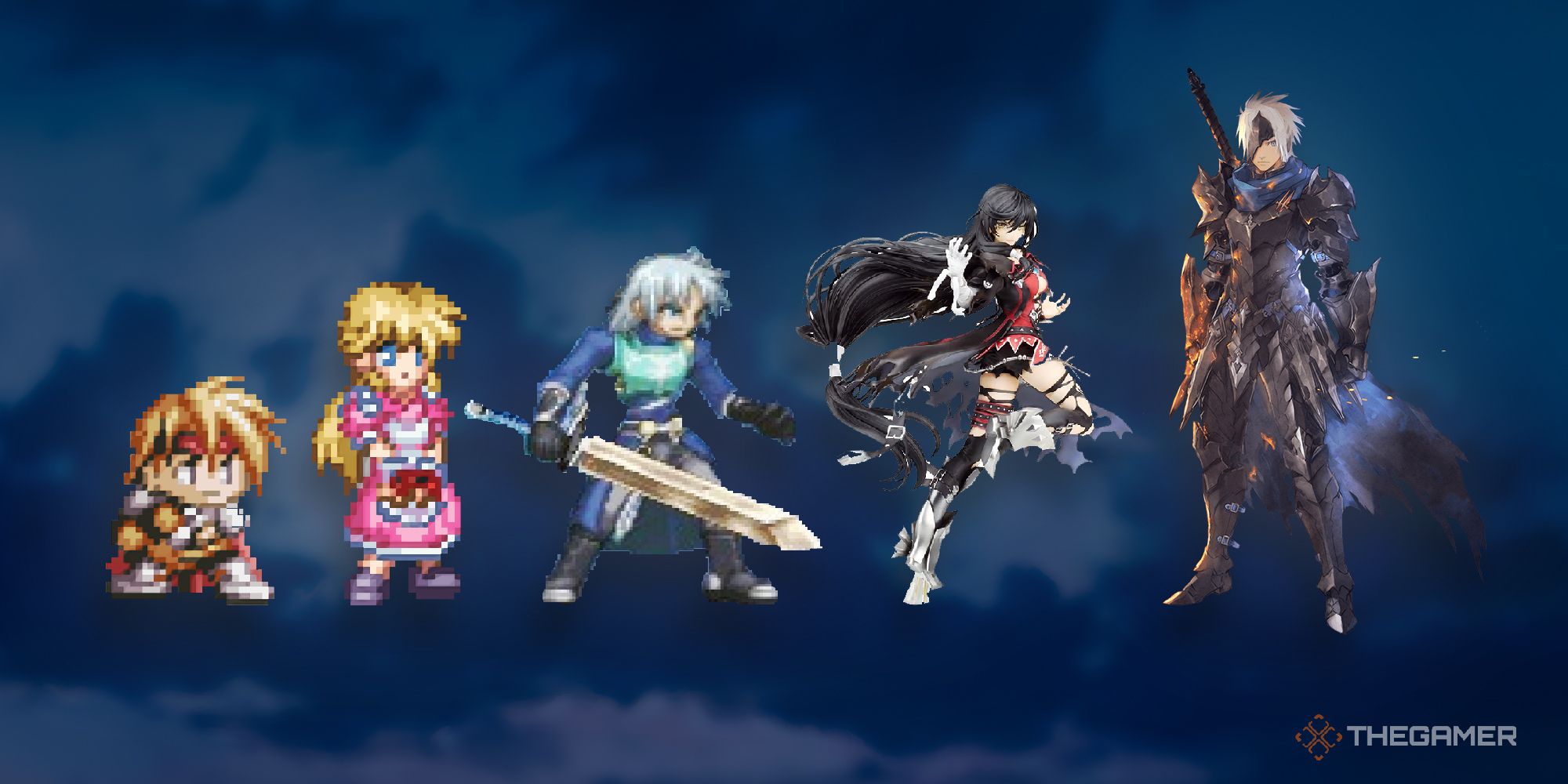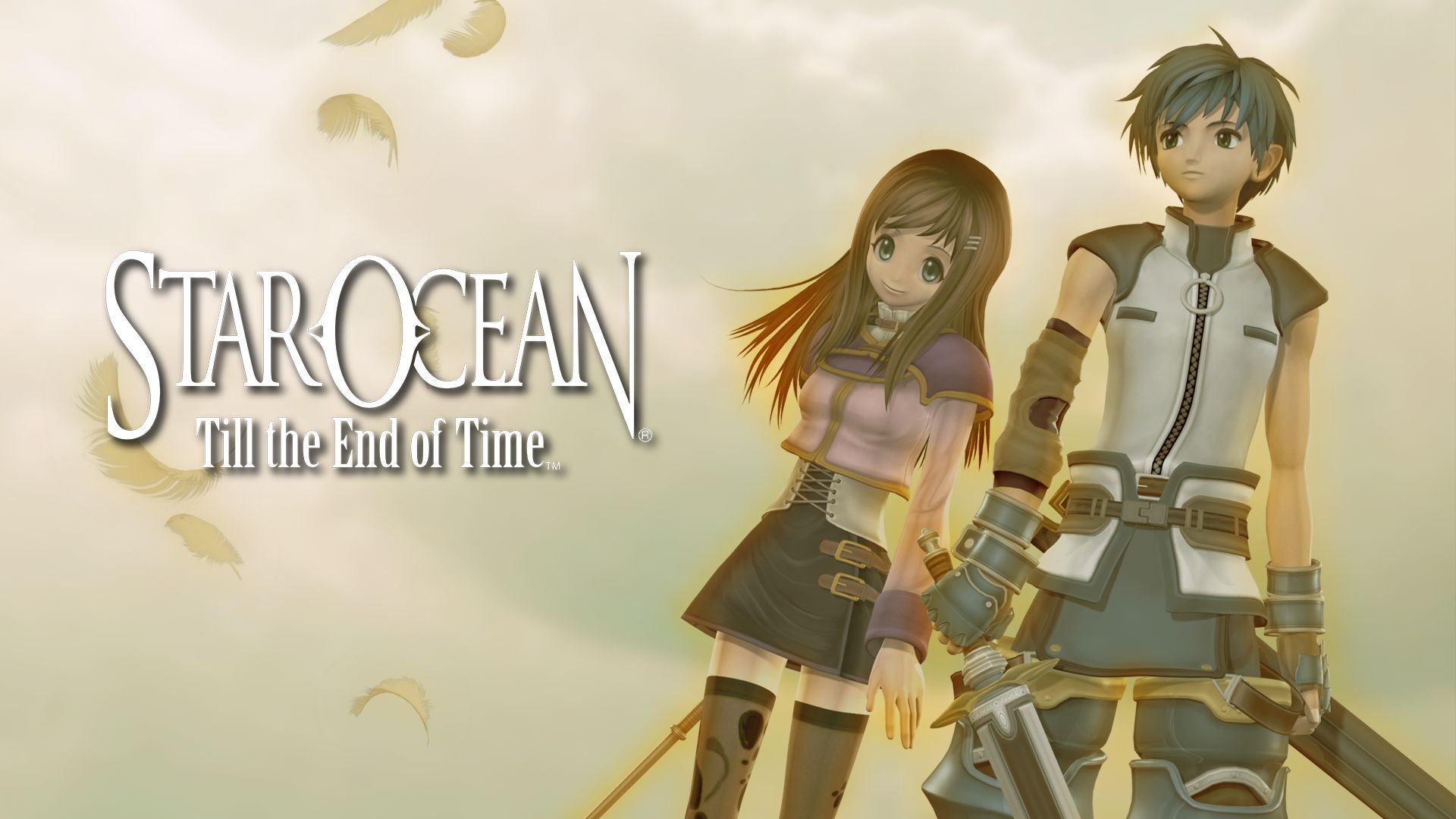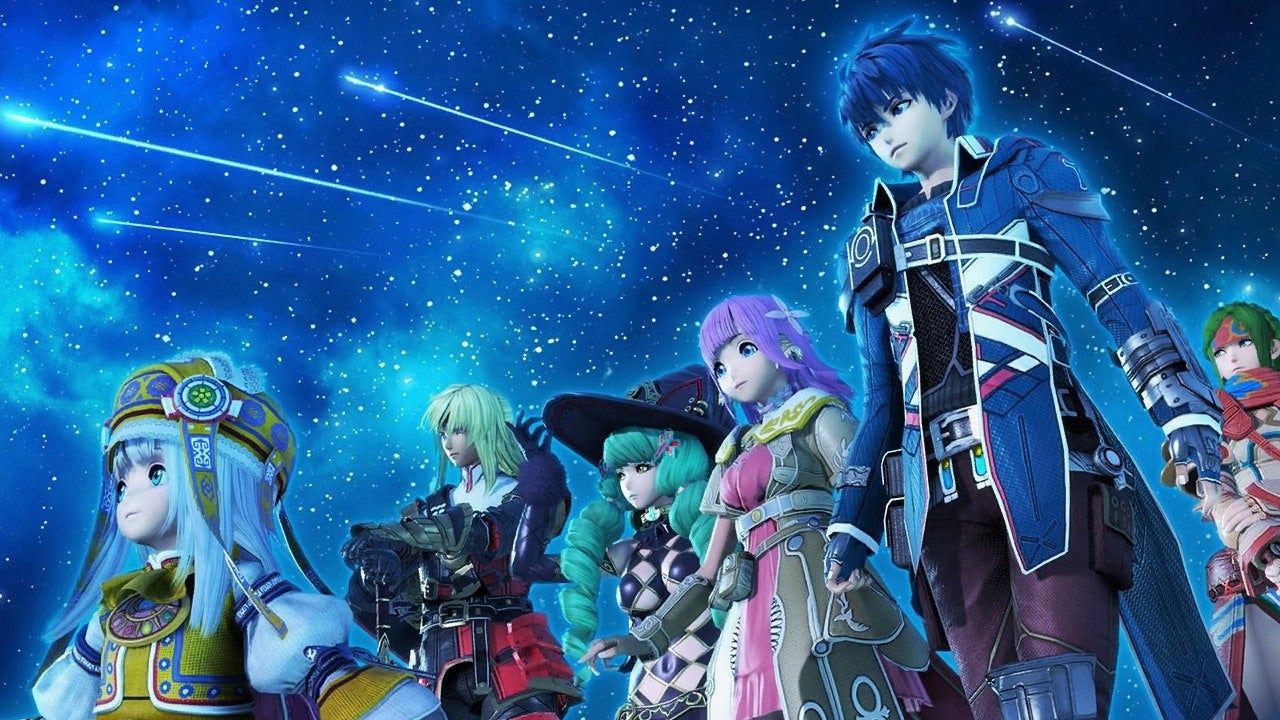Tales of Arise has received a mixed reception from fans ever since its reveal. The aesthetic is akin to Scarlet Nexus and Code Vein, opting for a mature, more refined style that takes advantage of modern hardware as opposed to the softer anime visuals of previous entries. Combat has also been changed, now emphasising the combination of skills and dodging alongside the artes we’re all so familiar with. The narrative is darker and more introspective, and all of this comes together to create a game that seems aware of its need to evolve or risk being left behind. In a genre as entrenched in tradition as JRPGs, this is a valuable perspective - we’ve seen so many big names fade into obscurity as they cling so eagerly to the past, unaware of the necessity to move on with an audience that has outgrown them.
Star Ocean is a perfect example of this, a series that began its life on the Super Famicom with its latest entry making its way to current platforms. Sadly, it has been stuck in a state of mediocrity ever since the days of the PS3 and Xbox 360. At the time of its inception, Star Ocean was incredibly novel. It took the tried-and-true fantasy of classic JRPGs and flung it into outer space, resulting in a compelling mixture of genres that allowed developer Tri-Ace to toy with characters, locations, and concepts that simply weren’t possible before. It was a breath of fresh air at the time, launching just a year before Final Fantasy 7 would emerge on Western shores and change the JRPG landscape forever.
The series changed with it, bursting onto the PS2 with Star Ocean: Till The End Of Time and showing that real-time combat and extraterrestrial storytelling were far from alien for the genre. It hasn’t aged well in the slightest, with a recent re-release on the PS4 serving to highlight its wide-eyed anime character models and a narrative drenched in cliche. However, it’s all about context, and on a console absolutely ripe with role-playing games, this is one that managed to stand out and establish a lasting legacy. Unfortunately, this also marked when the series would fail to recognise the changing tides, with the next two entries seldom evolving beyond the blueprint that Till The End Of Time helped establish way back in 2003.
Star Ocean: The Last Hope was fun in places, yet has become a meme of sorts thanks to a protagonist whose name is literally ‘Edge Maverick.’ He was a boring, overly serious pretty boy who everyone in the game seemed to fawn over despite him being a massive wanker. The rest of the cast didn’t fare much better, proving to be mostly forgettable amidst a plot that was far too obsessed with nonsensical space politics than anything concerning the actual characters. The combat was excellent, but everything else has aged like milk in the hot sun. Graphically, it aimed for realistic anime-esque visuals at a time when photorealism was still in its infancy across the medium, and thus many characters outside of the main cast simply look scary, weird, or laughably out of place.
Integrity and Faithlessness was even worse, a woefully archaic JRPG that repeated all of the mistakes of its predecessors while hurling a few extra issues into the fire for good measure. It’s just not a good game, exhibiting all of the genre’s worst problems while failing to improve anything from the now decades-old formula. Environments were bland, dialogue couldn’t be skipped, characters were boring, and the overall plot was awash with jaded tropes. The game felt outdated the second it launched, and was subject to harsh critical and commercial reception as a result. It was a victim of its own ignorance to change, and as a result, the series has remained silent on consoles ever since with the exception of a faithful remaster of First Departure. I really want to love Star Ocean, but right now it's impossible.
The crashing and burning of Star Ocean has me relieved that Tales of Arise isn’t repeating the same mistakes. It wasn’t nearly as in need of change, but Bandai Namco recognised that more recent entries hadn’t hit as hard as planned, so it took things back to the drawing board and decided to redesign Tales Of for a whole new generation. From what I’ve played - check out the full preview at the link - it’s learning all of the right lessons with more responsive combat, a more expansive world, and a visual identity that maintains its anime roots while striving for something akin to fantastical realism. The story and characters are a little dry, but it’s far too early to draw any concrete conclusions.
JRPGs acknowledging their roots and abiding by tradition will always be important, but evolution should be an integral part of that identity - otherwise, Tales Of, Final Fantasy, Persona, and so many others risk meeting the same fate as Star Ocean. I love these games, and want them to get better as I grow older so I can keep enjoying them for years to come.



